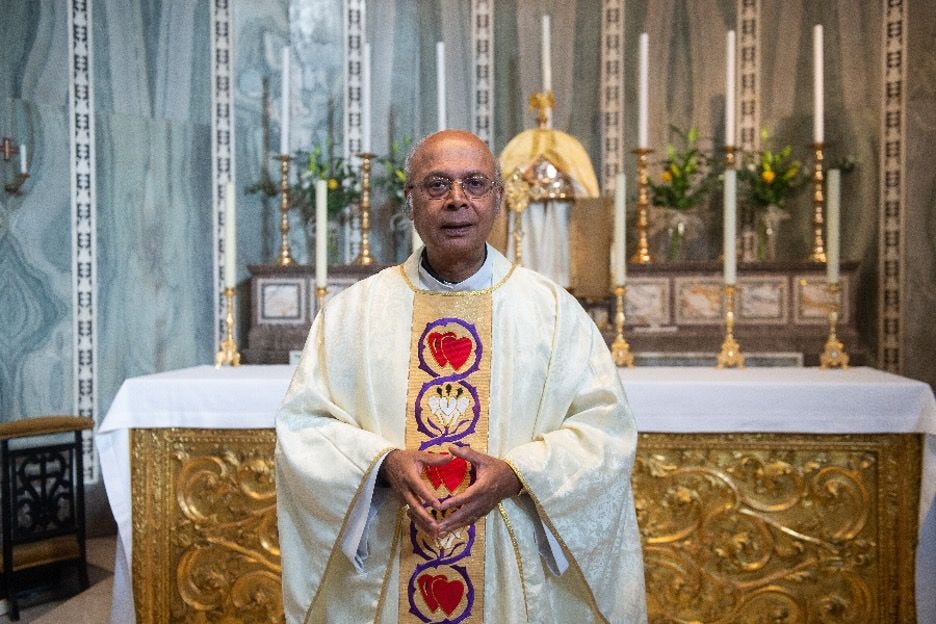Why Anglican evangelicals are becoming Catholics: An interview with Msgr. Nazir-Ali
Former Anglican Bishop Michael Nazir-Ali was received into the Catholic Church in 2021 and ordained as a priest of the Personal Ordinariate of Our Lady of Walsingham.

Former Anglican Bishop Michael Nazir-Ali was received into the Catholic Church in 2021 and ordained as a priest of the Personal Ordinariate of Our Lady of Walsingham.
The move was notable not only because Nazir-Ali was once a front-runner for the post of Archbishop of Canterbury, the spiritual leader of the world’s Anglicans. It was also significant beca…
